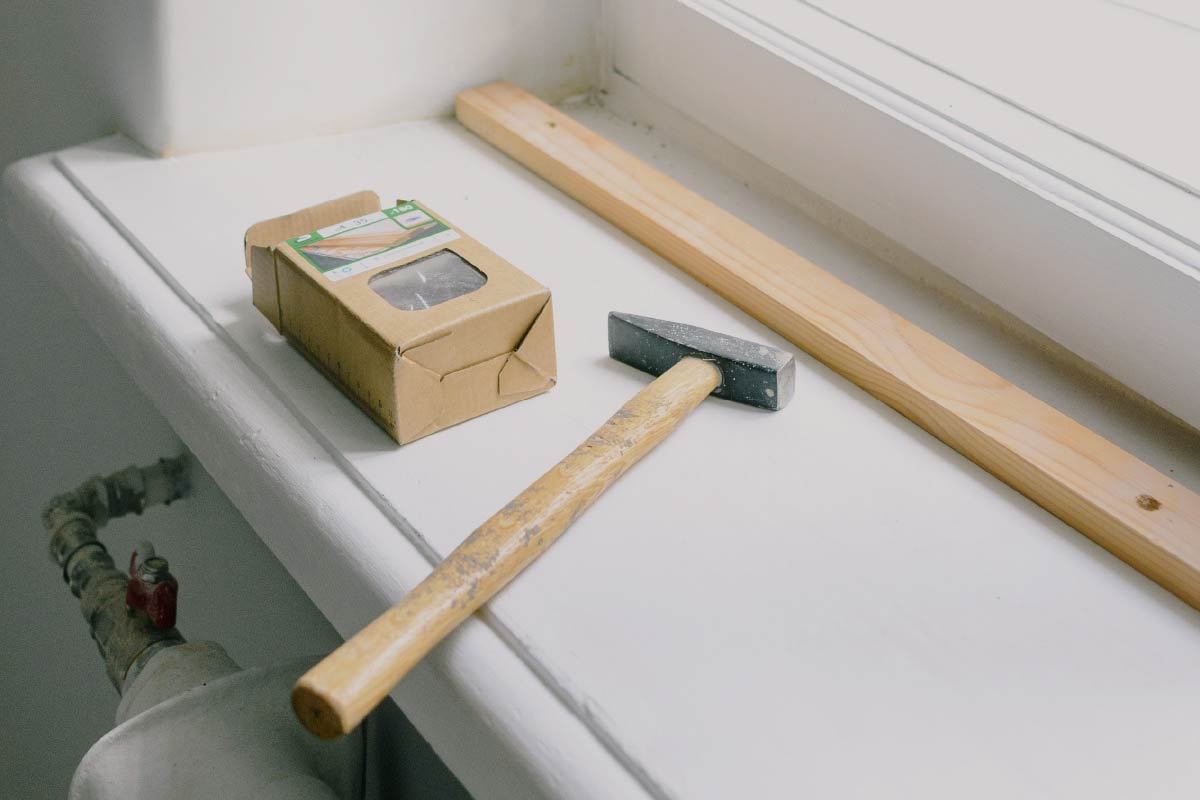+ What maintenance is the landlord responsible for?
It is the landlord's duty to maintain the property properly. That means you can call on your landlord to make major repairs. You can also expect a landlord to do maintenance from time to time.
The landlord takes care of the major, periodic maintenance. Examples include repairing a leaking roof, maintaining exterior painting, and replacing a central heating boiler.
+ What maintenance is the tenant responsible for?
The tenant takes care of the minor, day-to-day maintenance. Examples include fixing a dripping faucet, keeping the flue clean, and washing accessible windows.
+ What am I allowed to do to my rental property?
As a tenant you are not allowed to change all or part of the furnishings or appearance of the rented property. This is only allowed if it concerns changes and additions that can be undone or removed without significant costs at the end of the lease. The landlord can make larger alterations with the tenant's permission.
+ How do I ensure that the landlord does maintenance?
There are several ways to do this. First, you should report the defects (in writing) to the landlord. This enables the landlord to do something about it.
If the landlord does not address the problem, then Rent Support Center Groningen can help you by mediating between you and your landlord. If mediation does not help, the Rent Support Center can initiate proceedings for you with the Rent Tribunal. As a last resort, it is also possible to enforce maintenance through court.
+ As a tenant, should I allow changes to the property?
A tenant must allow work to be carried out in the property when it comes to maintenance or repairs. A landlord has to take into account the wishes and the enjoyment of the tenant.
Changes to the property do not always have to be accepted by the tenant. The tenant and the landlord can negotiate about this. Sometimes improvements are pleasant, even if they are offset by a reasonable rent increase. However, sometimes a landlord asks for more increase than the tenant is willing to pay. Then the Rent Tribunal can give a ruling on a reasonable amount for an agreed improvement.
In principle, an improvement is not carried out if the tenant does not want it. In the case of an improvement to a larger building with more tenants, an improvement will go ahead if at least 70% of the tenants are in favor of it.
+ Will I have to leave my home during construction?
Major work may require you to move out of your home temporarily or even permanently. In case of a temporary move out, the landlord can offer you a change of residence. You will then return to your original home after the renovation.
For a permanent removal there are different rules. The starting point is that the tenant has the choice to be evicted. This means that the law allows the tenant to impose requirements for this relocation: a suitable home according to their wishes and compensation.
It may also be the case that the landlord offers you an urban renewal permit. In that case, you are also entitled to replacement housing and have priority when registering for a new rental property.
+ Is it wise to cooperate with the neighbors when renovating?
This is certainly wise, if the neighbors are also tenants of the same landlord. Usually you are stronger together. For large renovations a residents' committee is usually formed, supported by experts in the field of tenancy law. That group can negotiate with the landlord to agree on the terms of the renovation.
+ Is it wise to seek advice if the landlord wants to renovate?
This is certainly wise. It is important to first think about the proposal calmly and then make good agreements. It is also wise to have these agreements checked and properly recorded.
+ What can I do about heating costs with poor efficiency?
If there is a collective installation for a block of houses, you can ask the Rent Tribunal for a test of reasonableness. The result may be that you only have to pay part of the original costs. This is because it is up to the landlord to ensure an installation with a reasonable return.



